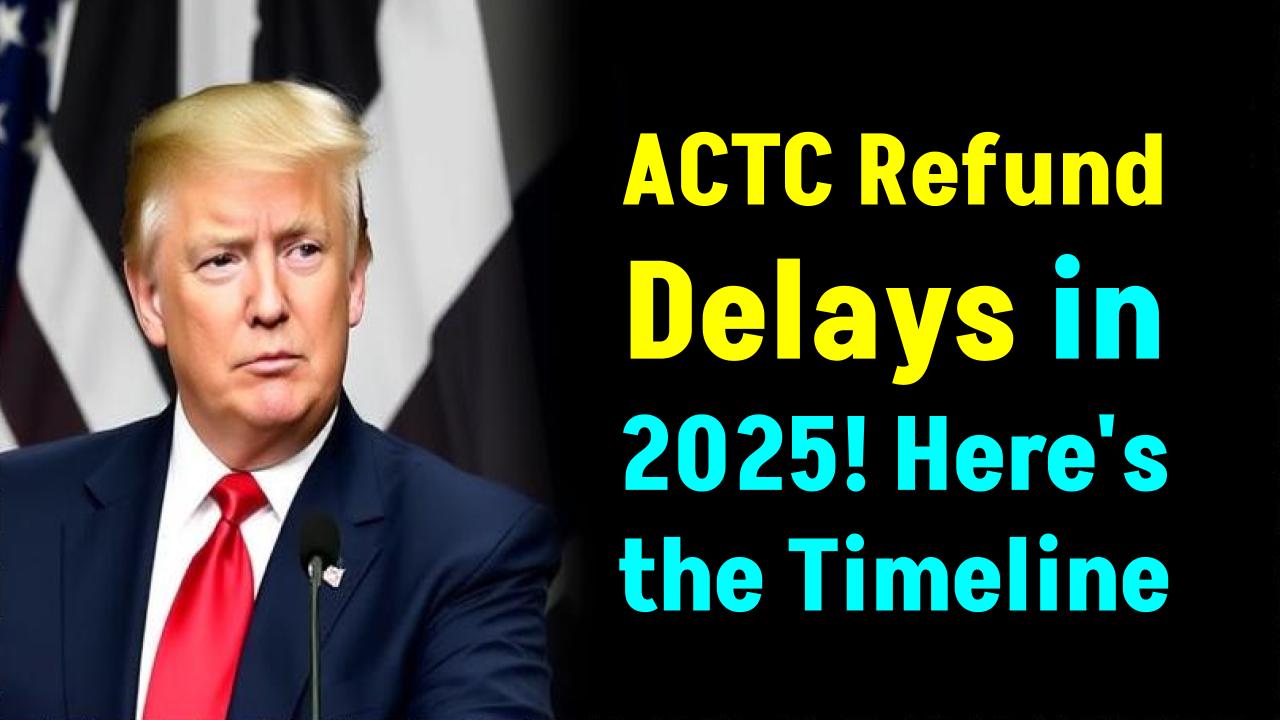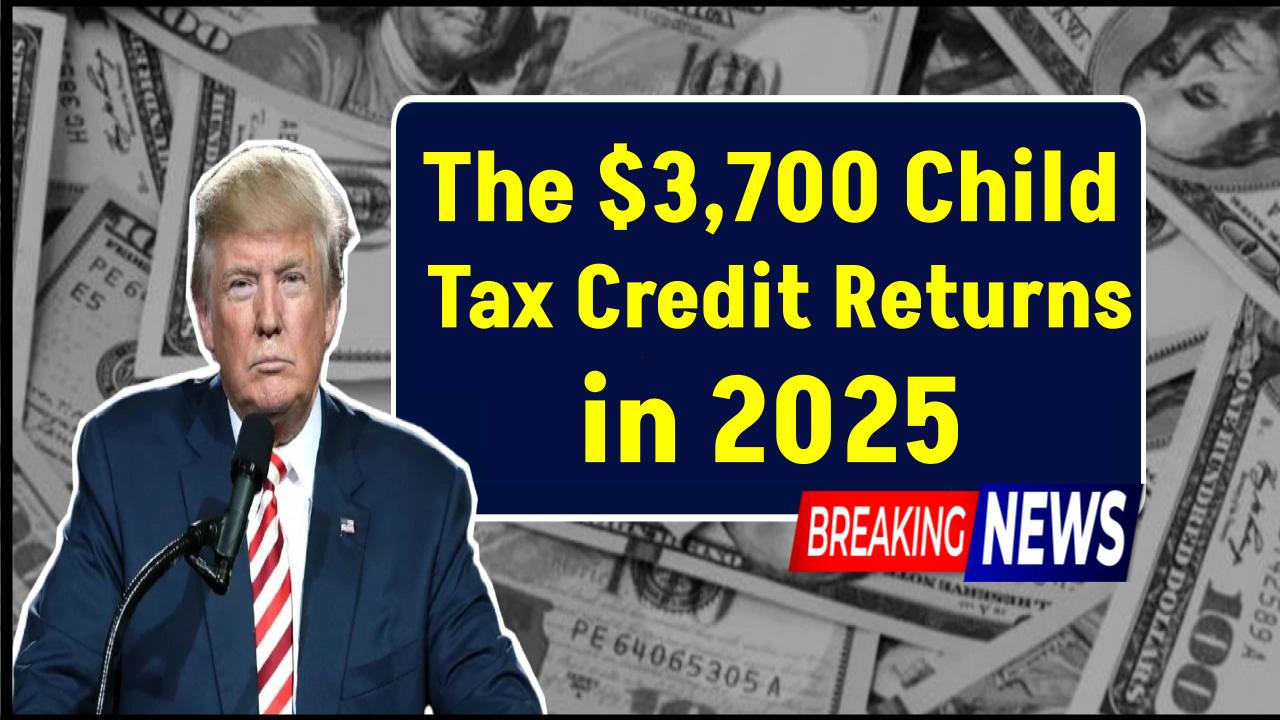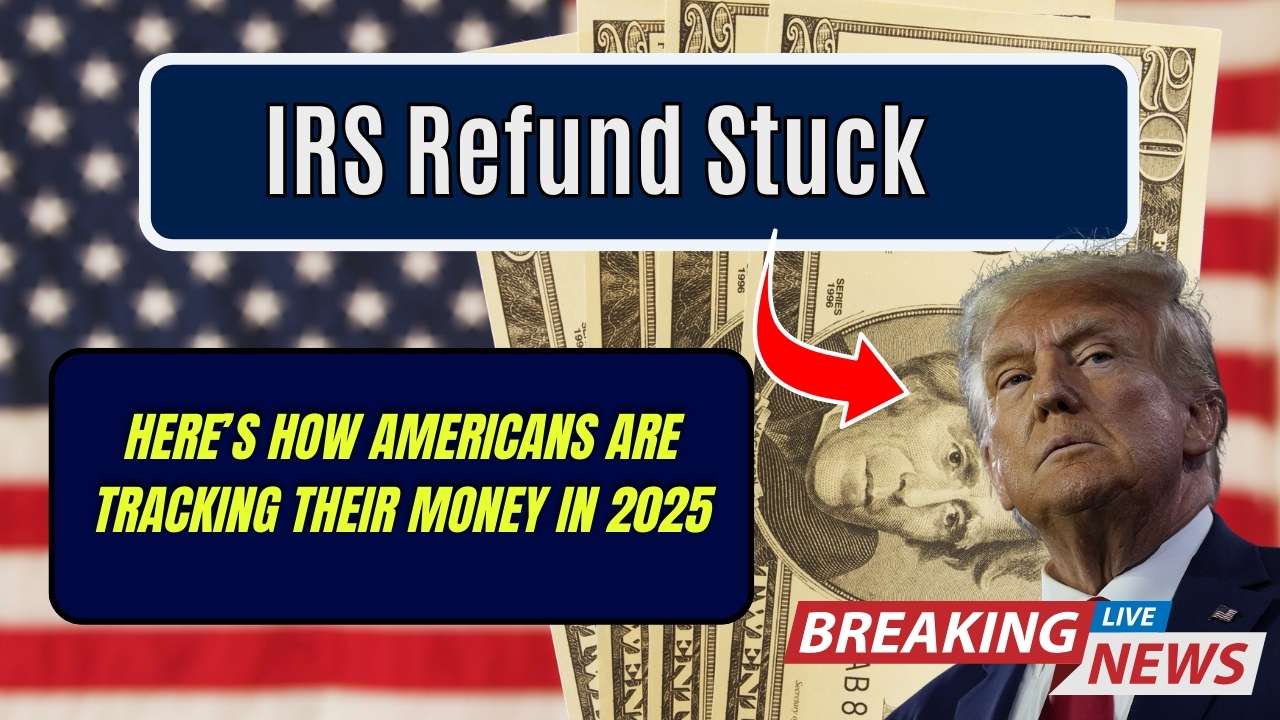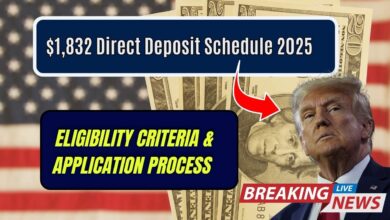Breaking: June 2025 Visa Bulletin Reveals Major Changes for U.S. Immigration Applicants
June 2025 Visa Bulletin – If you’re gunning for a U.S. green card, the June 2025 Visa Bulletin just dropped, and it’s making waves across the immigration space. Whether you’re in the employment-based (EB) category or trying to bring your family over, this latest update by the U.S. Department of State has some big shifts that could affect your timeline. Spoiler alert: If you’re from India or China, you might wanna buckle up.
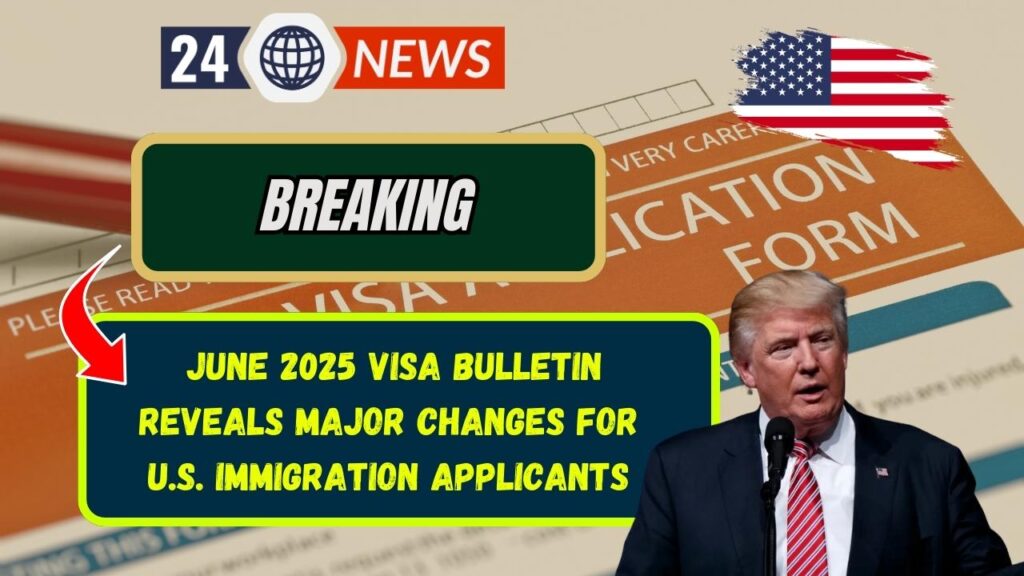
This bulletin ain’t just another routine update. It’s a signal. A warning. A hope. And yeah, a bit of a headache for some. Let’s break down what these changes really mean, how they hit different groups, and how you can prep your next move like a pro.
June 2025 Visa Bulletin
| Category | Country | June 2025 Final Action Date | Change from May 2025 |
|---|---|---|---|
| EB-1 | All countries | Current | No change |
| EB-2 | India | Jan 1, 2013 | No change |
| EB-2 | China | Dec 1, 2020 | +2 months |
| EB-2 | All others | Feb 1, 2022 | +4 months |
| EB-3 | India | Apr 15, 2013 | No change |
| EB-3 | China | Nov 22, 2020 | +3 weeks |
| EB-3 | All others | Mar 1, 2022 | +5 weeks |
| EB-5 | India | May 1, 2019 | No change |
| Family F-4 | India | Dec 1, 2006 | +2 months |
The June 2025 Visa Bulletin isn’t the huge leap forward some were hoping for, but it still has important updates. EB-2 China and EB-3 for most countries got some love. India? Not so much, again. But the bulletin offers a glimpse into what could come, especially if reforms finally break through Congress.
So stay updated, stay ready, and keep your documents tight. Immigration is a waiting game, but knowledge is your best ally.
What Is the Visa Bulletin, Anyway?
So here’s the deal: The Visa Bulletin is like a monthly scoreboard for green card hopefuls. It shows when your priority date is finally ready to cash in. The bulletin separates visas by family-based and employment-based categories and further breaks them down by country.
Why? ‘Cause U.S. immigration has this thing called a per-country cap — basically, no single country can hog all the green cards. This disproportionately hits countries with high demand like India, China, Mexico, and Philippines.
Understanding the Two Charts
Final Action Dates: Your green card can actually be approved.
Dates for Filing: You can apply to adjust your status (but not get approved yet).
For June 2025, USCIS says we gotta use Final Action Dates for employment-based filings and Dates for Filing for family-sponsored ones. That affects your paperwork timeline big-time.
The Story for Employment-Based Applicants
EB-1: The Lucky Ones Stay Lucky
The EB-1 category (think top scientists, execs, and folks with “extraordinary ability”) remains current for everyone. That means if you’re in this group, you can file and get approved immediately. No line. No delay.
EB-2: India & China Still Stuck
If you’re an Indian national under EB-2, you’re probably used to hearing this: No change. Your date is still stuck at January 1, 2013. That’s a 12-year wait. Brutal.
China got a slight bump to December 1, 2020. Everyone else? Y’all are cruising with a nice 4-month advance.
EB-3: Some Movement, But Not for India
India’s EB-3 stays frozen at April 15, 2013. But China moves up 3 weeks to November 22, 2020, and other countries saw modest gains.
This means if you’re from India and holding an EB-3 petition, the wait isn’t over. Might be time to consider interfiling to EB-2 if that helps.
EB-5: Holding Steady
India’s EB-5 is at May 1, 2019. Still. This is the “investor visa,” so if you got $800K+ lying around, you can start the process, but don’t expect a fast-track just yet.
Family-Sponsored Categories: Some Light at the End?
F-4 (Siblings of U.S. Citizens)
If you’re sponsoring your siblings in India, here’s some good-ish news: the Final Action Date jumped forward by two months to December 1, 2006. Other countries didn’t see much motion, though.
Again, USCIS says for family-sponsored cases, use Dates for Filing, which are usually a little more generous.
How This Impacts Indian Applicants
Let’s not sugarcoat it: Indian nationals continue to face the longest backlogs in both EB-2 and EB-3. Why? Because:
- India has a huge number of skilled workers applying every year.
- The per-country cap (around 7% of total employment-based visas) is limiting.
- Legislative reforms to remove this cap have been stuck in Congress for years.
That means many Indian applicants wait over 10-15 years for their green card, even if they’re well-qualified.
If you’re in this boat, it’s worth talking to your immigration lawyer about strategies like EB-1 eligibility, changing categories, or downgrading to adjust faster.
Extra Insights: What Immigration Attorneys Are Saying?
Many immigration lawyers are urging clients to prepare documentation ahead of time even if your priority date isn’t current yet. With visa movement likely to speed up later in 2025, prepped applicants can leap ahead.
Some firms are also recommending high-skilled Indian workers consider alternative visa options like the O-1 visa (for individuals with extraordinary ability) or L-1 visas (for intra-company transferees) while waiting.
Practical Advice: What You Can Do Now?
1. Check Your Priority Date
Visit Visa Bulletin on USCIS and see where your priority date stands.
2. Talk to Your Immigration Attorney
Got options? Maybe. Explore interfiling, job changes, or downgrading. For family cases, make sure all docs are prepped.
3. File Early if You Can
If your date is current or getting close, get those I-485s ready. The earlier you file, the quicker you might get work/travel permits.
4. Don’t Fall for Rumors
Reddit and Telegram groups are wild. Stick with official sources like USCIS.gov, travel.state.gov, and trusted attorneys.
5. Follow Legislative Updates
Keep tabs on immigration bills like the EAGLE Act or any new proposals to recapture unused visas from past years. These could dramatically change the timeline.
Visa & Mastercard Class Action Payout 2025 – Check If You Qualify for a Payment!
Get Your 2025 VA Stimulus Check – Step-by-Step Guide to Eligibility and Claim Process
New Law Slashes Taxes and Sends Out Stimulus Checks – See If Your Family Gets Paid
FAQs About June 2025 Visa Bulletin
Q1: What if my priority date just became current?
You can now file your adjustment of status (Form I-485) with USCIS. This also allows you to apply for EAD (work permit) and Advance Parole (travel permit).
Q2: How long will it take after filing I-485?
Timelines vary. Some people get green cards in under a year. For others, it can take 18+ months depending on workload and background checks.
Q3: Can I work while waiting for a green card?
Yes, once you get your EAD card, which usually arrives within 3–6 months after I-485 filing.
Q4: What’s interfiling and should I do it?
Interfiling means switching your I-485 from one category (like EB-3) to another (EB-2) if it’s faster. It’s complex and risky—consult an attorney.
Q5: Will the per-country cap ever go away?
Maybe. Several bills have been introduced, like the EAGLE Act, but none have passed yet.
Q6: Can unused green cards from previous years be reused?
Possibly. There are calls in Congress to “recapture” tens of thousands of unused visas, but no firm decisions have been made.

